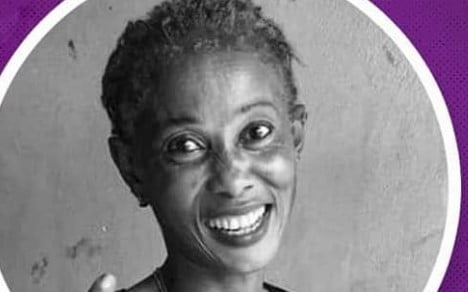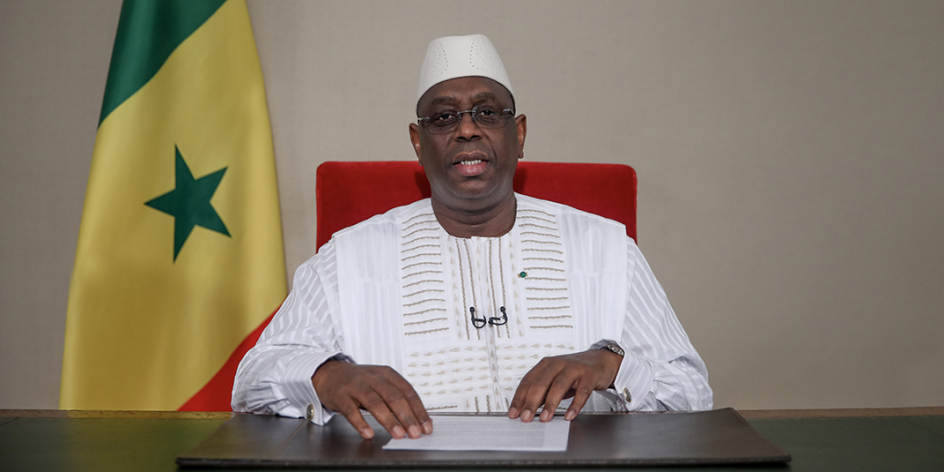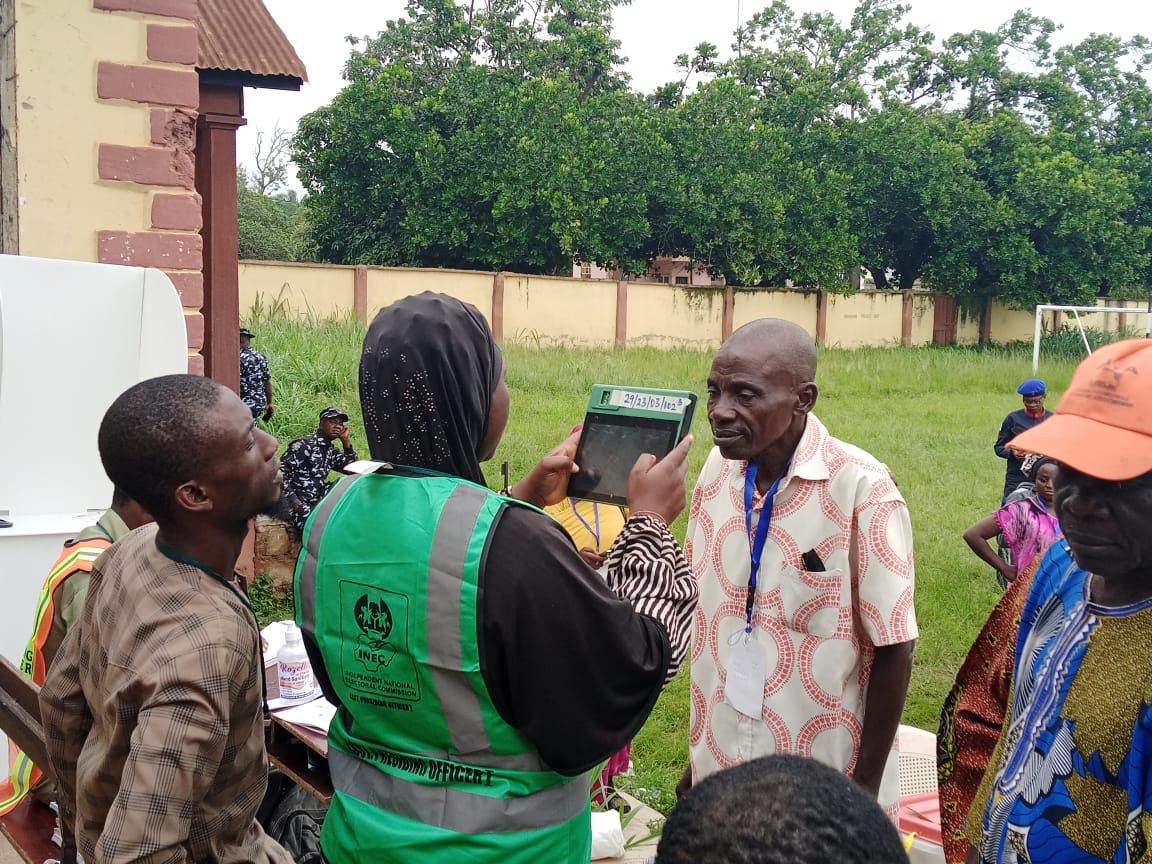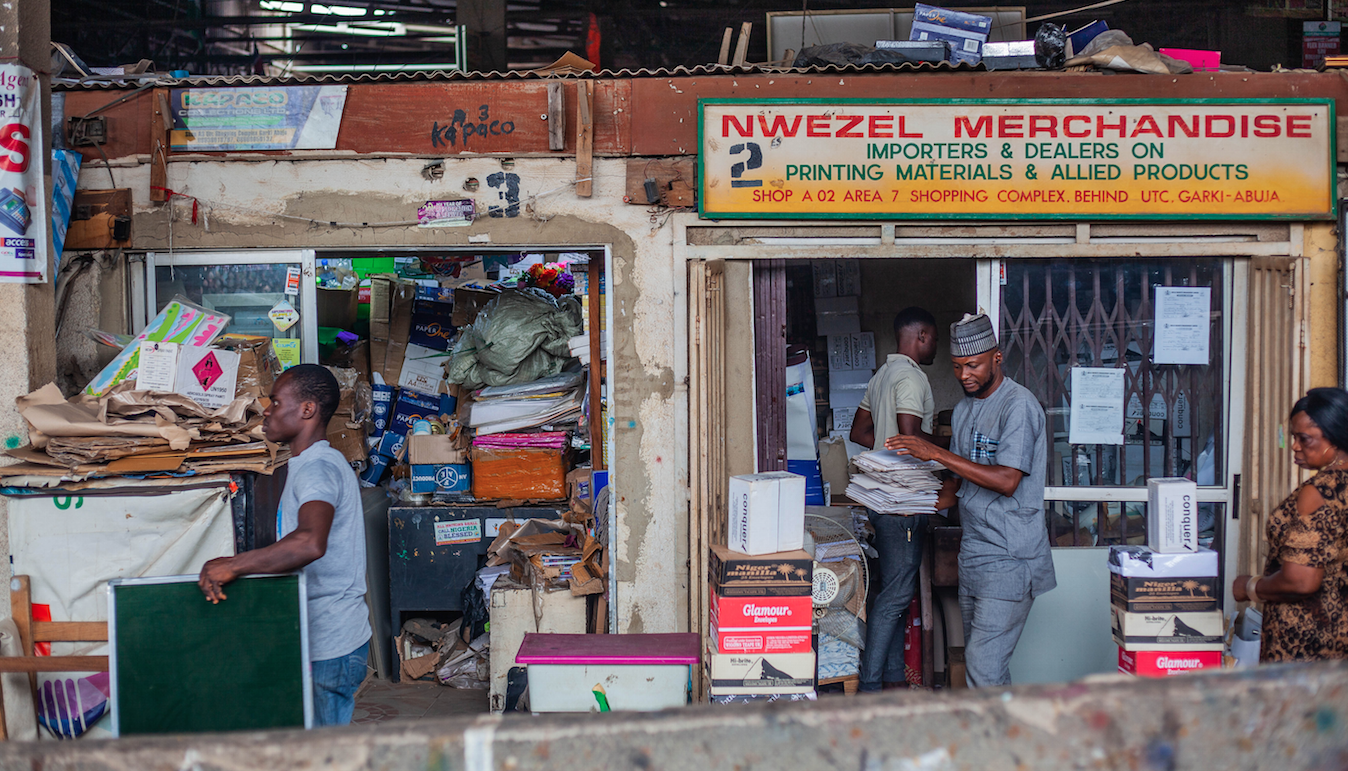My sister died this February following a 20-year battle with a motor neuron disease. It was a degenerative illness that gradually took away her ability to talk, walk, and do any of the basic things we take for granted.
I recall that day 20 years ago when I returned to Lagos from Kebbi state after the NYSC to see that my sister had drastically changed. In a bad way. She was a beautiful woman, a Lagos Sisi, full of life and vigour before that. She took after my father with fair and lush skin and the comeliness of our mother.
My sister was beautiful, knew it, and carried herself with the grace and confidence of that knowledge. When she was much younger and unmarried, our house was a mecca of sorts to young men who flocked there under one guise or another. Ours was a big polygamous family, so we had several female relatives living with us who were beautiful and graceful. But this my sister stood out.
It was in 2003 that life ‘happened’ to her. She was married with four kids and I had lived with her family for about a decade before that time. At 35, she was transformed from a fine woman full of life to a person suffering from a mystifying and debilitating illness. She could not walk nor talk properly and had grown emaciated with hair falling. I was shocked at her sudden change from a Sisi to a bag of bones.
Advertisement
After years of medical examinations and tons of tests, it was discovered that she suffered from a form of motor neuron disease that has no cure. As Africans, we tend not to accept medical diagnoses, especially negative ones, as final. So we prayed, fasted, and did all we could to spiritually overturn the negative medical assessment, in addition to hospital visits and physiotherapy. Nothing worked. Nothing changed. God did not heal my sister. Neither did medical science cure her. Her condition worsened over time and was only ameliorated with the ingestion of a complex combination of drugs, including steroids.
But she was alive. Walked shakily. Strained to speak and was nowhere near the woman she was at her peak. We nonetheless were happy to have her, sick or not. She was breathing, smiling, and laughing and if you strained your ears and listened carefully, you would hear her good wishes on the phone, or physically. She was alive and that was sufficient.
Until February this year when I received the call that she had passed. Nothing prepared me for it. She had been ill a few days before and had been rushed to the hospital. But that was not unusual. She was always ill but sometimes had particularly bad spells that required her to be taken to the hospital. But she always came out of it. So, I wasn’t particularly worried when I heard she had been rushed to the hospital. “It is one of those bad episodes,’’ I told myself.
Advertisement
But as it turned out, it was not. it was the end of her sojourn on earth, a most difficult journey for her in the twilight years, one full of pain, suffering, and anguish. The news of her death caused me untold grief and pain. Of all our siblings, I was the closest to her. It was she and her husband who funded my university education, which provided the platform for the start of my career in journalism. Her death brought home to me the transience and futility of life and how we don’t really control our fates. Here today, gone tomorrow. Healthy and full of life now, battling an incurable and inexplicable disease tomorrow.
My sister is not only my closest relative to have passed on. In 2004, or so, I lost my youngest brother who was about 15 to lymphoma, a form of blood cancer that is mostly terminal. In 2021, my niece – my same late sister’s daughter – passed on after several years of suffering from an autoimmune disease that eventually destroyed her kidneys and caused her death. She was 27.
People die every day. And we are powerless to stop it. Even as I write this, a family somewhere is grieving over the recent loss of a loved one. But what is striking is the way we consider death and suffering that don’t personally affect us. We treat these as statistics, mere numbers and figures in the news, forgetting that the deceased had names, grudges, goals, and lives just like us.
I still grieve for my late sister. When she was being lowered to the ground, I refused to see her corpse, electing to remember the way she was at her peak, beautiful, healthy, and with energy. And not the person, or thing, she had been reduced to by her illness.
Advertisement
I sometimes feel guilty when happy, laughing, and playing. I wonder how I could afford to be cheerful when my beloved sister is dead. How could I stop grieving so soon? But what could I have done? I guess there is no approved way or time frame for grieving. There is no logic to it. Regardless of how close we were to the deceased, or how much love we had for him or her, we will eventually move on, obsessing over issues we consider important and immediate: the economy and our place in it, politics, and so on. The dead would remain dead and buried. Someday that would be us too. Life is but a cycle.
But while yet alive, death should teach us about life and the truly important things. In the end, what we really are is not flesh and bones but memories, good or bad recollections in people’s minds. We should therefore strive to make good ones.
In memory of my sister, Abosede Florence Tubolayefa (1968-2023)
Advertisement
Views expressed by contributors are strictly personal and not of TheCable.
Add a comment







